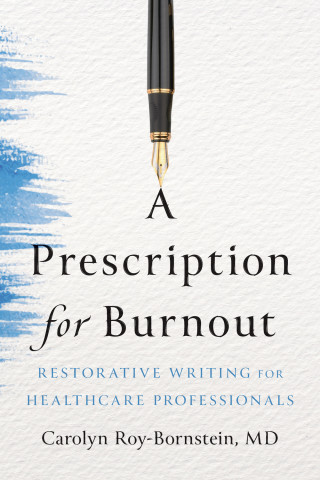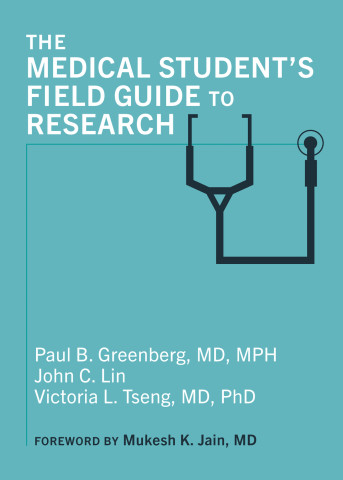
Reviews
Buckman offers the tools and knowledge base to help a medical practitioner start and maintain a professional conversation during extremely sensitive times and circumstances... Highly recommended.
Practical Plans for Difficult Conversations aims to ground its ideas firmly within the real world of clinical medicine. All of the examples are set in real situations and this is the book's main strength. Readers will recognise, immediately, the areas that do cause problems, and will be able to imagine themselves within each scenario.
The book, stylistically, is written in a relatively non abstruse manner. Indeed, the book's contents are characterized notably by relative ease of reading. The 'empathic response' is explained in detail, in Chapter 1. In Buckman's view, the empathic response is the most direct and simplest way of acknowledging the emotions of another person; and the belief of Buckman is that it is the most useful communication technique for any difficult conversation. In subsequent chapters, Buckman, in a characteristically practical, insightful, and thoughtful way, identifies and describes the components comprising various communication protocols, designed to closely fit particular types of medical situations.
Book Details
Preface
Introduction: Prescribing the Doctor as Part of the Treatment
1. Some "Can't Go Wrong" Tips
2. Breaking Bad News: The SPIKES Protocol
3. Disclosing Error: The CONES Protocol
4. Managing Conflict
Preface
Introduction: Prescribing the Doctor as Part of the Treatment
1. Some "Can't Go Wrong" Tips
2. Breaking Bad News: The SPIKES Protocol
3. Disclosing Error: The CONES Protocol
4. Managing Conflict and Escalation: The HARD Protocol
5. Giving Information Effectively: The SAFER Protocol
6. Some Particularly Difficult Conversations
Conclusion: Putting It All Together and Making a Difference in Communication
Acknowledgments
Appendix: Notes to Accompany the Scenarios on DVD
Notes
Index





